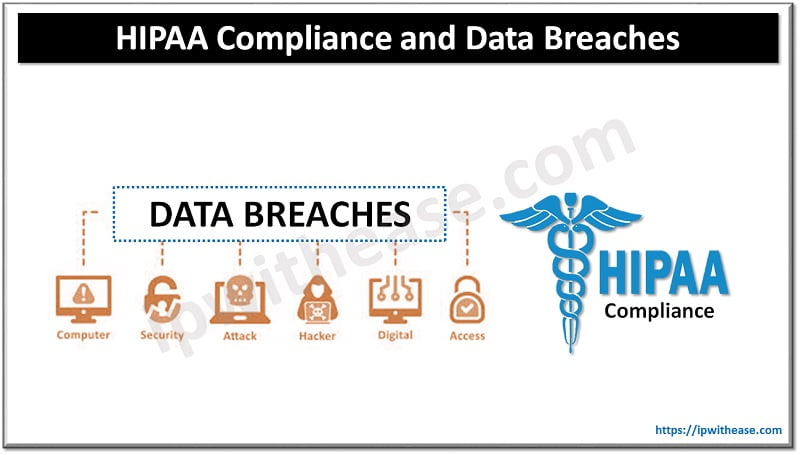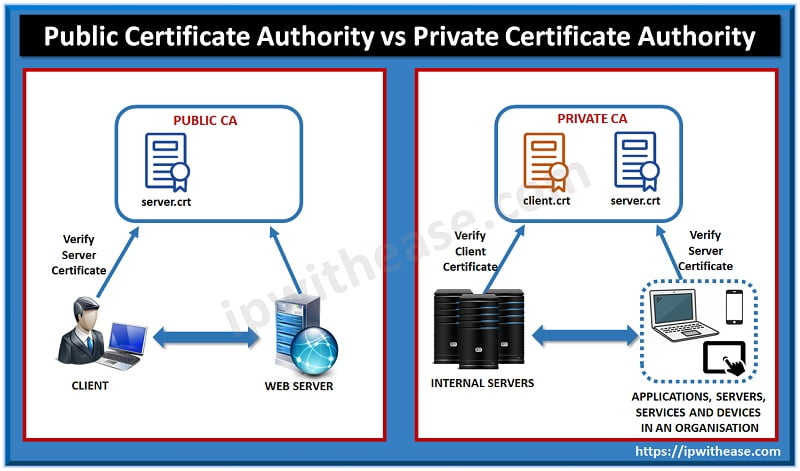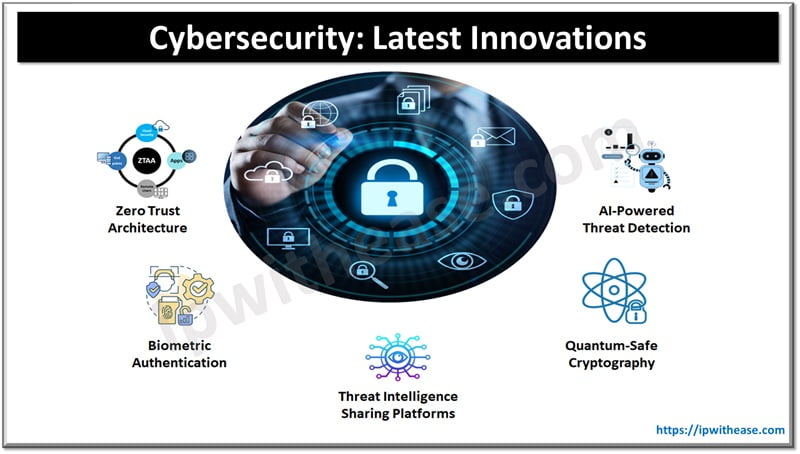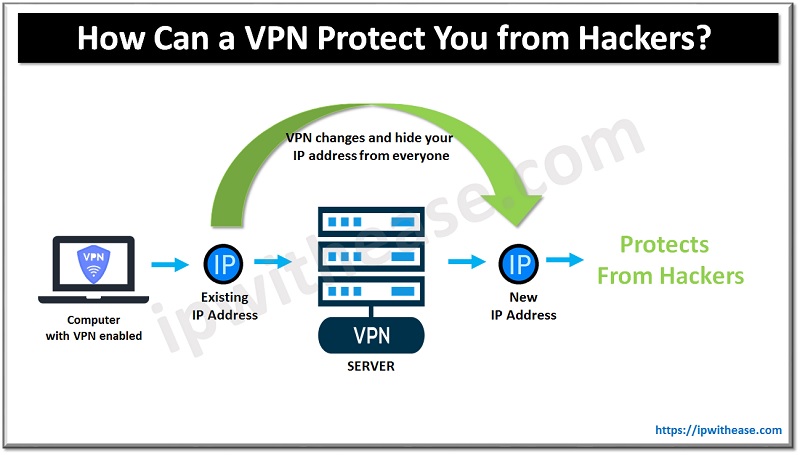Data breaches are a major concern for healthcare providers. Not only do they put patient information at risk, but they can also lead to hefty fines and other penalties. Fortunately, there are steps you can take to ensure your practice is compliant with the Health Insurance Portability and Accountability Act (HIPAA) and protect your patient’s data from unauthorized access.
Under this federal law, healthcare providers must keep detailed records of who has accessed patients’ health information and when. So, the importance of HIPAA compliance cannot be overstated. Any breach of data or unauthorized access must be reported to the patient immediately in order to protect their privacy and ensure accountability. By following the requirements set out by HIPAA, healthcare providers can ensure that all health information obtained from their patients is kept safe and secure.

What Are the Requirements of HIPAA Compliance?
To be compliant with HIPAA, healthcare providers must adhere to certain requirements when handling patient data. These include:
- Establishing physical safeguards for storing patient records;
- Implementing technical safeguards such as encryption;
- Training staff on proper security protocols;
- Developing policies and procedures for responding to data breaches;
- Conducting regular risk assessments; and
- Ensuring that business associates comply with HIPAA regulations.
- It’s important to note that failure to comply with these requirements can result in hefty fines from the Department of Health & Human Services Office of Civil Rights (OCR).
How Can Healthcare Providers Protect Patient Data?
There are several steps healthcare providers can take to protect their patients’ data from unauthorized access or disclosure:
Implement strong password policies:
Password security is paramount in our digital era. Passwords should be elaborate, with a combination of upper and lowercase letters, numbers, and special characters to ensure they don’t fall victim to malicious hacking attempts. Additionally, passwords should be changed regularly so that any potential breach can be caught early; the same rule applies to sharing passwords with third parties – this should only occur when absolutely necessary and through secure channels.
Failing to prioritize password security can lead to your system being compromised and confidential information being exposed or stolen. Protect yourself by utilizing strong passwords and vigilantly monitoring them for changes or unauthorized access.
Use encryption technology:
Encryption technology has become an invaluable tool in defending against cyber threats. Scrambling data ensures that only those with the proper key or code can unlock this information, making it almost impossible for malicious hackers to access sensitive information.
Encryption technology has been of particular benefit in protecting businesses and individuals from intrusion. As more and more of our lives move online, encryption is integral to the protection of our digital assets. It is now the go-to solution for safeguarding data and preserving security.
Train staff on security protocols:
Comprehensive security protocols are paramount for protecting patient data. To help ensure the safety of all client information, every staff member needs thorough instruction on current security measures. This should include not sharing passwords or leaving computers unattended while logged in.
Moreover, new employees must receive training on proper protocol before being permitted to access any patient-related data. These steps will enhance the protection of confidential records and help staff understand that they must take responsibility for preventing any potential misuse.
Monitor activity on networks:
Network administrators have a crucial role to play in ensuring the security of their network. It is essential that they keep a close eye on any suspicious activity or attempts to access the network without authorization. By monitoring the activity, administrators can identify and address risks early on. Quick action is needed if any threats are detected, so preventive measures can be taken to protect data and prevent further damage. Regular monitoring is an important part of keeping networks safe and secure.
Conclusion
Protecting patient data should be a top priority for the healthcare industry. It is essential to follow HIPAA regulations, otherwise, organizations face costly fines from the OCR. To keep data secure, healthcare providers must take certain precautions, such as training staff on security measures and updating IT systems with the latest security protocols.
Not only will following these steps safeguard patient data, but it also upholds industry standards and safeguards against financial repercussions. Keeping protected information confidential shows respect for patients and demonstrates an ethical responsibility to protect their most sensitive details.
Continue Reading:
HIPAA Compliance & IT Infrastructure
7 Reasons why you need your SOC 2 Compliance
ABOUT THE AUTHOR
IPwithease is aimed at sharing knowledge across varied domains like Network, Security, Virtualization, Software, Wireless, etc.



